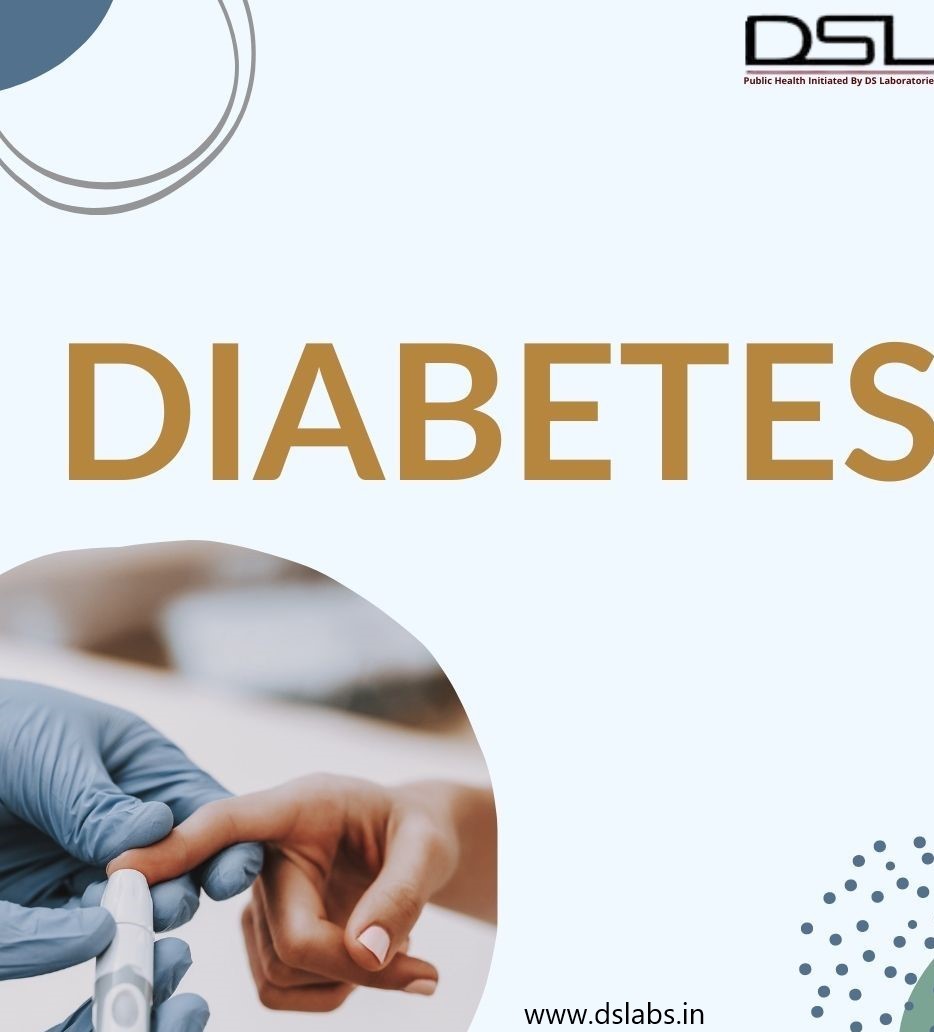


Condition in which blood glucose or blood sugar is too high, known as Diabetes. Diabetes is a chronic form of disease; high blood sugar or hyperglycaemia is a common effect of uncontrolled diabetes and by time it may leads to serious damage to other body systems mainly nerves and blood vessels.
TYPES:
There are mainly 3 types of diabetes-
Type 1 diabetes- This is an autoimmune disease it means body by mistake attacks and destroys beta cells in pancreas that produce insulin. This damage is permanent and people with Type 1 diabetes need to take insulin every day, that’s why it is also called as insulin-dependent diabetes.
Type 2 diabetes- Type 2 diabetes occur when body either does not make enough insulin or body can not use insulin efficiently. This is the most common diabetes.
Gestational diabetes- This type of diabetes develops in women during pregnancy due to insulin-blocking hormones produced during pregnancy. If any women developed gestational diabetes later in her life, she is at high risk to develop Type 2 diabetes.
HYPOGLYCAEMIA vs HYPERGLYCAEMIA:
Hypoglycaemia is the low level of blood sugar or blood glucose whereas hyperglycaemia is high level of blood sugar.
Usually, hypoglycaemia occur to diabetic people but sometimes it is possible that non diabetic person also can develop hypoglycaemia. In diabetic patients the reason of hypoglycaemia is to take too much insulin or diabetic medication, it makes body’s cells to absorb glucose too much.
RISK FACTORS:
Family history
Polycystic ovary syndrome
Obesity
High blood pressure.
SYMPTOMS:
Frequent urination
Headache
Increased thirst
Fatigue
Blurred vision
Weight loss
TREATMENT:
Take medicine as prescribed
Regular exercise (if ketones are present in urine, then do not exercise)
Follow diabetes diet plan
Check blood sugar frequently.
References:
https://www.healthline.com/health/diabetes/types-of-diabetes#causes
https://my.clevelandclinic.org/health/diseases/7104-diabetes-mellitus-an-overview
https://www.who.int/news-room/fact-sheets/detail/diabetes
https://www.niddk.nih.gov/health-information/diabetes/overview/what-is-diabetes